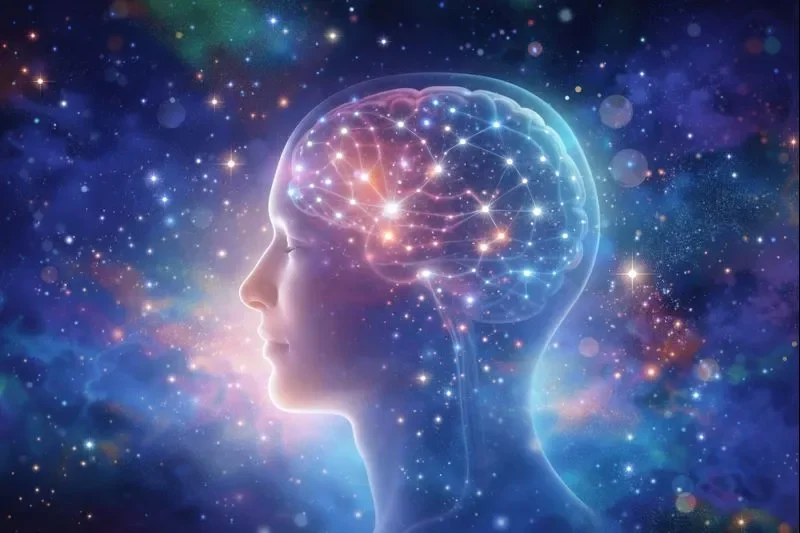Introduction
Post-Traumatic Stress Disorder (PTSD) is a mental health condition that can affect anyone who has experienced trauma, but it is particularly prevalent among veterans who have served in combat zones. The traditional approaches to treating PTSD, such as psychotherapy and medications, have been helpful for many, but not all veterans find relief through these methods. In recent years, Ketamine treatment has emerged as a promising alternative for those who are struggling with the burdens of PTSD. This blog post will explore how Ketamine treatment is offering a glimmer of hope for veterans dealing with PTSD.
Understanding the Impact of PTSD on Veterans
For veterans, the scars of war are not always visible. The psychological and emotional trauma experienced on the battlefield can lead to a lifetime of suffering. PTSD can manifest in various ways, including flashbacks, nightmares, severe anxiety, and depression. It can impact a veteran’s ability to work, maintain healthy relationships, and enjoy a fulfilling life.
The Struggles of Conventional Treatments
The conventional treatments for PTSD, including psychotherapy and antidepressant medications, have shown effectiveness in many cases. However, for a significant portion of veterans, these treatments may not provide the relief they desperately need. Some may face resistance to therapy or struggle with the side effects of medications.
Ketamine as a Game-Changer
Ketamine, initially used as an anesthetic, is now gaining recognition as a breakthrough treatment for various mental health conditions, including PTSD. Several studies have shown promising results in reducing the symptoms of PTSD and improving the overall well-being of veterans.
How Ketamine Works
Ketamine works differently from traditional treatments. It targets the brain’s glutamate receptors, which play a crucial role in mood regulation. By modulating these receptors, Ketamine can rapidly alleviate the symptoms of depression and anxiety, providing veterans with a significant sense of relief.

The Benefits of Ketamine Treatment
- Rapid Relief: One of the most significant advantages of Ketamine treatment is its rapid action. Many veterans have reported feeling better after just a few sessions, which can be life-saving for those in severe distress.
- Improved Resilience: Ketamine may help veterans build emotional resilience, enabling them to cope with their traumatic memories more effectively.
- Few Side Effects: While traditional medications can come with a range of side effects, Ketamine’s side effects are typically mild and short-lived.
- Reducing Suicidal Ideation: Veterans are at an increased risk of suicide due to their struggles with PTSD. Ketamine has been shown to reduce suicidal thoughts and behaviors.
- Potential for Long-Term Benefits: Research is ongoing, but there is hope that Ketamine treatment may lead to long-term relief from PTSD, unlike some other treatments that may require continuous use.
Seeking Professional Guidance
It’s crucial to emphasize that Ketamine treatment for PTSD should only be administered under the supervision of a qualified medical professional. Not all veterans will respond in the same way, and treatment plans should be personalized to each individual’s needs.
Conclusion
PTSD is a complex and debilitating condition that affects many veterans, making their transition to civilian life challenging. While traditional treatments have proven effective for some, they may not work for everyone. Ketamine treatment is offering hope to veterans who have not found relief elsewhere, providing light at the end of the tunnel. With ongoing research and professional guidance, Ketamine treatment could play a crucial role in helping veterans regain their lives, find healing, and ultimately move forward after the trauma of war. It is essential that we continue to explore innovative treatments like Ketamine to support the mental health and well-being of our veterans.



